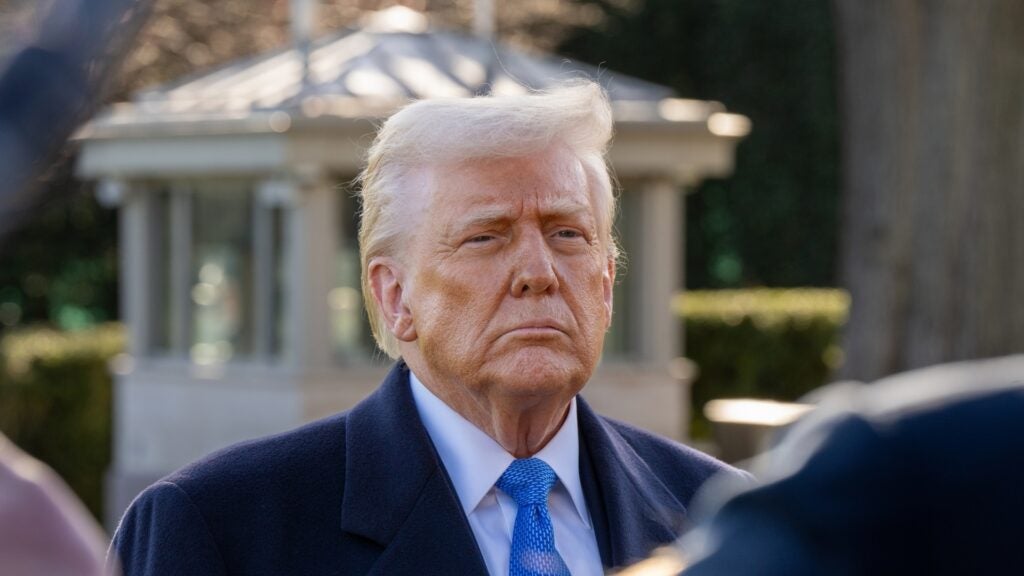
Hours after the U.S. Court of International Trade struck down President Donald Trump‘s tariffs on Thursday, another Washington-based federal judge blocked his attempt to exercise emergency powers to reshape trade policy.
What Happened: U.S. District Judge Rudolph Contreras, appointed by former President Barack Obama, ruled that the International Emergency Economic Powers Act (IEEPA) does not grant Trump the authority to impose or adjust tariffs without approval from Congress, according to a report by The Hill.
Trump had invoked the 1977 law to validate sweeping tariffs on foreign goods, referring to trade imbalances and fentanyl imports as threats to national security.
“This case is not about tariffs qua tariffs,” Contreras wrote in a 33-page document. “It is about whether IEEPA enables the President to unilaterally impose, revoke, pause, reinstate, and adjust tariffs to reorder the global economy. The Court agrees with Plaintiffs that it does not.”
Despite this ruling, tariffs connected to other statutory powers, such as those on steel and cars, remain unaffected.
Contreras also rejected the Trump administration’s request to move the case to the U.S. Court of International Trade. As a result, the lawsuit filed by two small Illinois-based companies, Learning Resources and hand2mind, will move forward in Washington, D.C.
See Also: Court Ruling Limiting Trump’s Tariff Powers Sparks Hope For Risk Asset Revival, Including Bitcoin
Why It Matters: While Conteras delayed enforcement of his ruling for two weeks to let the administration have time to file an appeal, the U.S. Court of Appeals for the Federal Circuit granted a temporary stay on the judgment of the U.S. Court of International Trade.
The White House responded sharply to these new developments. “The courts should have no role here,” press secretary Karoline Leavitt said. “There is a troubling and dangerous trend of unelected judges inserting themselves into the presidential decision-making process,” she added.
The ongoing legal pushback against the tariffs could have far-reaching impacts on the economy, according to experts, with the administration potentially being compelled to refund $10 billion in tariff revenue. However, many top economists opine that the President has many legal options to consider, and that the tariffs are unlikely to be overturned completely.
Read Next:
Photo courtesy: Joey Sussman / Shutterstock.com

